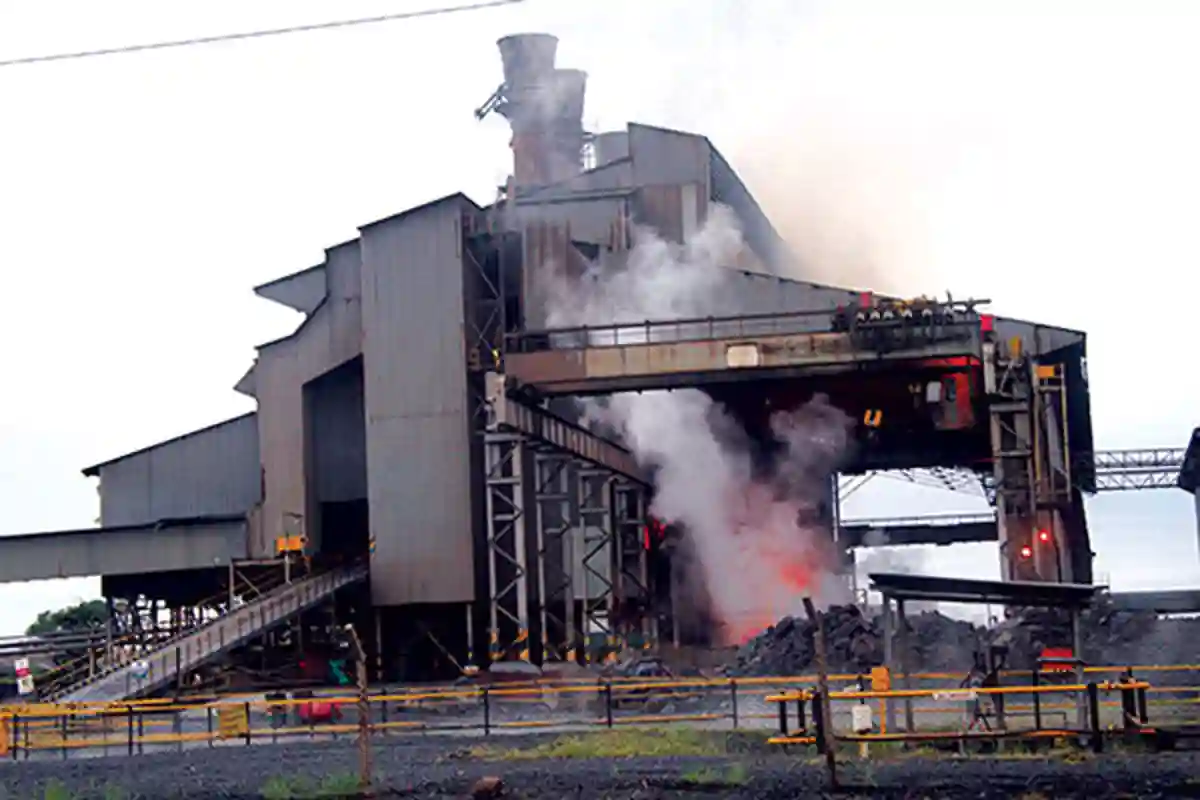The Zimbabwe Mining and Smelting Company (ZIMASCO), the country’s biggest producer of ferrochrome, has temporarily suspended operations as a result of the high cost of electricity and the decline in prices on the international market.
Ferrochrome is an alloy (a metal made by combining two or more metallic elements) known for its high corrosion resistance, hardness, and high melting point commonly used in the production of stainless steel.
Speaking in a recent interview with Business Times, Namatai Mapfumo, ZIMASCO’s chief operations officer, confirmed the development. She said:
Current market dynamics, where global ferrochrome markets have taken a downturn, coupled with the recent increased cost of power, means it makes sense for us to temporarily halt production from our older less efficient furnaces and take the opportunity to carry out essential maintenance on them while negotiations continue towards a more favourable power tariff.
In the meantime, we are running our two upgraded furnaces that came online earlier this year, which are more power efficient and environmentally friendly in line with our continued thrust to move towards our ESG goals.
Despite suspending operations, the company will continue with the expansion project of constructing two modern fully closed furnaces. Said Mapfumo:
Furthermore, and in line with our long-term strategy of continued responsible value addition, our expansion project of the construction of two modern fully closed 19.8MVA furnaces remains on course with the first new furnace expected to be completed at the end of next month, while the second furnace should be completed at the end of January 2024.
However, given the current power cost, coupled with a depressed global market, the switching on and commissioning of these furnaces is subject to finalisation of the ongoing power tariff negotiations.
Recently, the Zimbabwe Energy Regulatory Authority (ZERA) awarded a US$0.02 per kilowatt hour tariff increase to the Zimbabwe Electricity Transmission Distribution Company (ZETDC), a subsidiary of ZESA Holdings.
However, early this month, ZETDC acting managing director Abel Gurupira the company wants another tariff hike to recoup losses and supply more stable electricity to consumers.
Before the recent tariff increase, ZESA was charging US$0.10 per kilowatt-hour, leaving it operating from a loss-making position.
The average price per kilowatt hour for electricity in the region is US$0.1254, and ZESA is now charging US$0.12.
More: Pindula News

